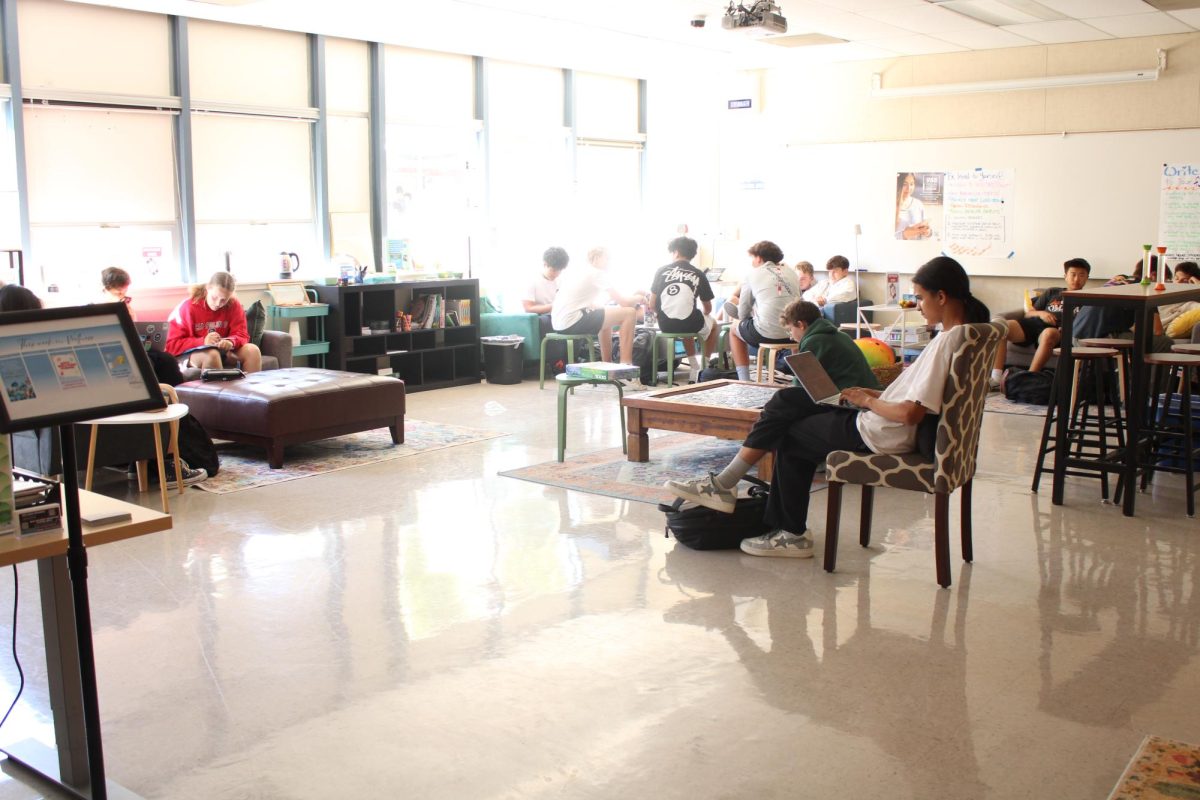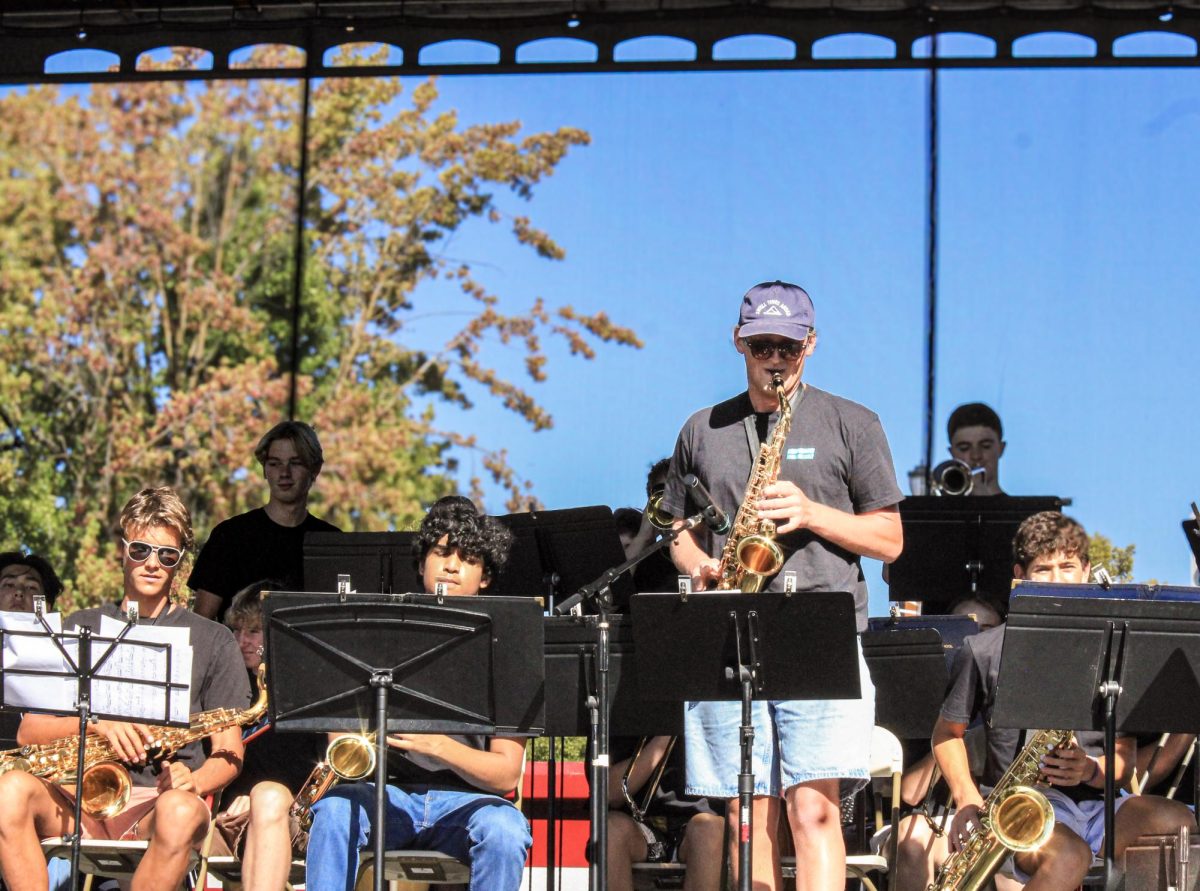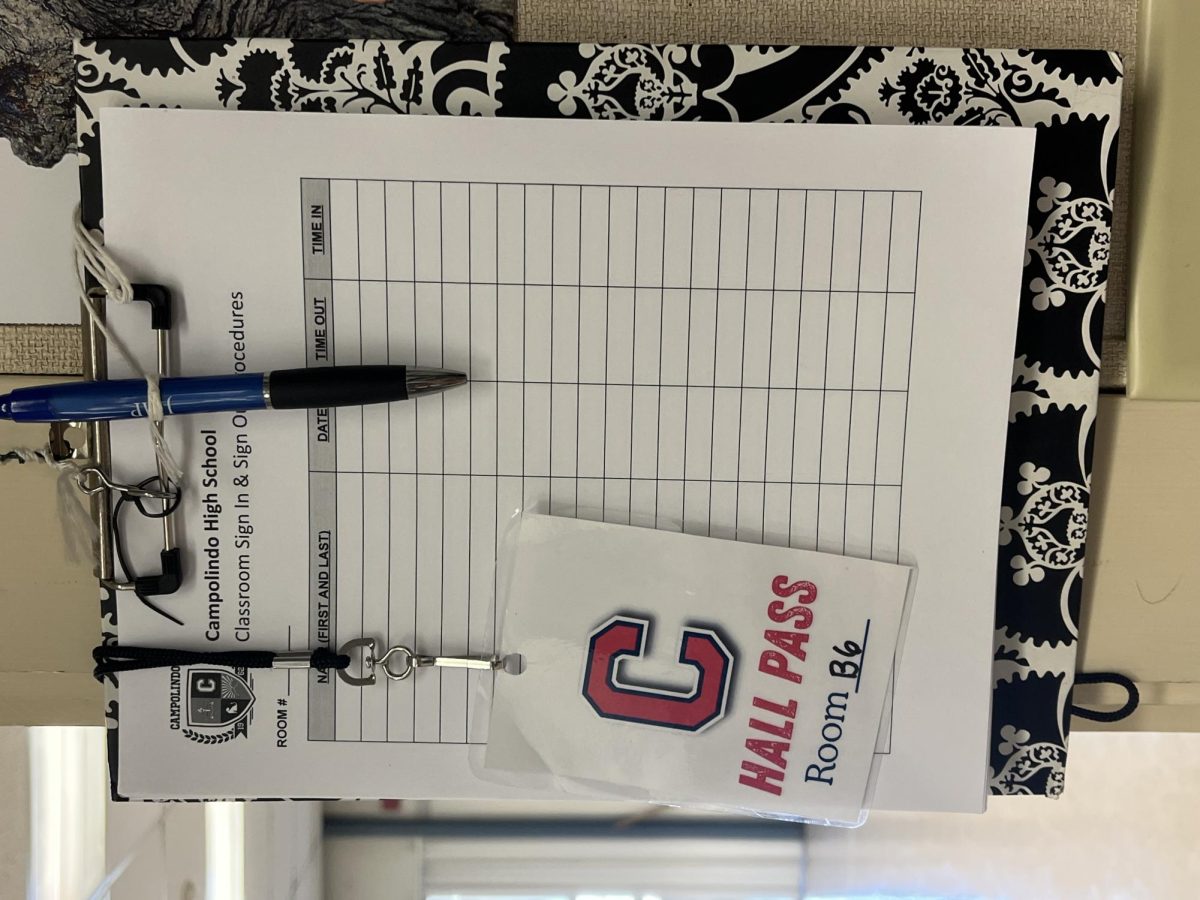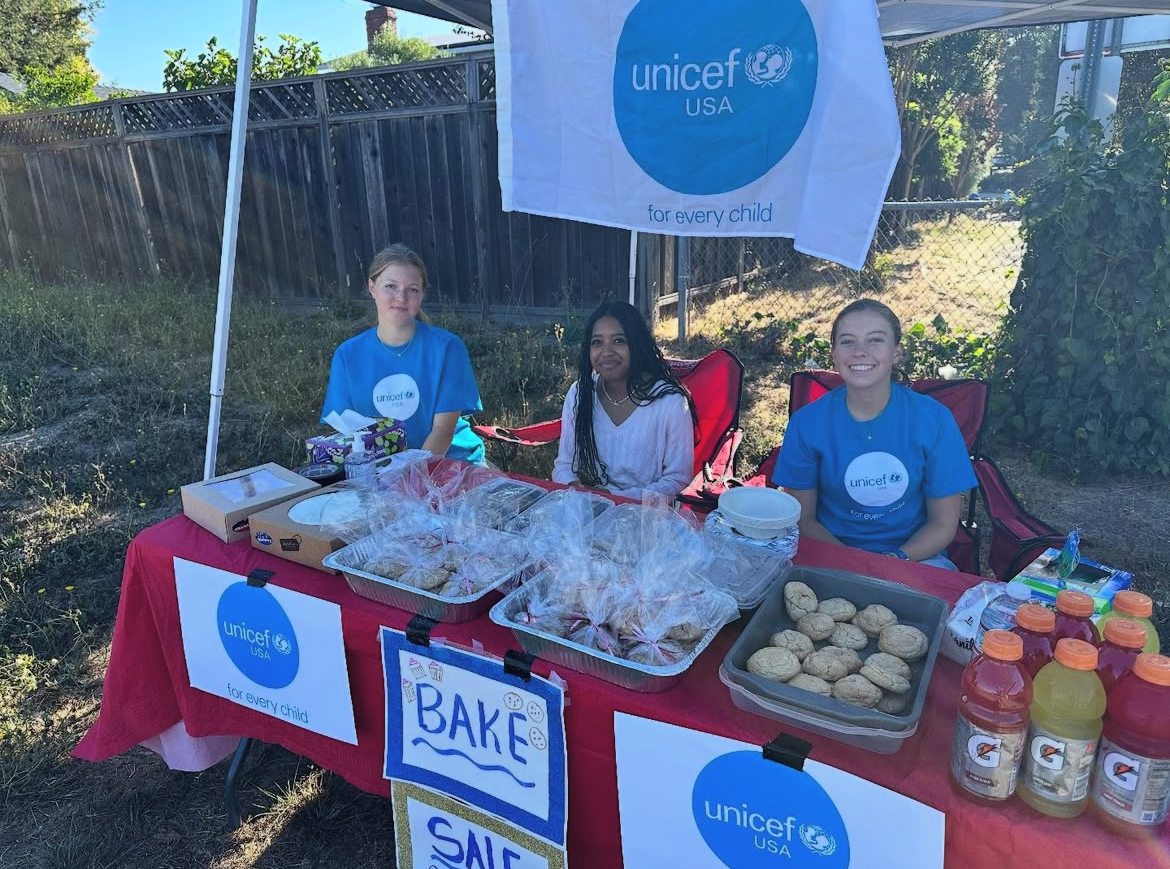Leadership students facilitated the CARE (Compassion, Acceptance, Respect and Empathy) workshops on March 19, visiting 15 classrooms throughout the day and leading activities and discussions about how others should be treated and how technology affects students’ lives.
Activities included a “silent circle” where students affirmed their experience with various types of negative behavior by stepping forward when statements were read by the facilitator.
Another activity had students stating their name and a fact about themselves that most people did not know when they were handed a section of yarn to hold. In the end, the yarn was zigzagged across the circle, emphasizing human connections.
Topics of discussion included student emotional health, bullying, and prejudice.
“I really liked the game where we stepped forward because I learned a lot about other people. I think these workshops can be really effective with a class willing to participate but it was difficult to speak in front of the huge PE class,” said sophomore Maddie Dolan.
“It is all to try to get everyone to talk about how we treat one another, to create a sense of empathy for other folks, and to understand the power of language,” said Leadership adviser Dino Petrocco.
Sophomore Sarah Santaguida enjoyed the workshops. “It was fun and interesting to see other people’s perspectives on Campo and bullying and to learn that being nice can go such a long way,” said Santaguida.
In addition to promoting acceptance, this year the workshops also addressed the impact of technology on student life. “Technology is becoming a bigger issue now. Although people hear about it a lot, we want people to talk about it in an environment they feel more comfortable in so they can open up about it,” said Diversity Commissioner Anjali Bajaj.
All sophomores, and select freshman, juniors and seniors participated in the workshops. Sophomores participated during their Physical Education period.
“I think that one of the great things about Campo is that for the most part, it is a welcoming school, and I don’t think that the workshop is the reason for that, but it gives us a cognizant of how we interact with one another and treat each other. Also, because we are thinking about it, we understand the importance of how it creates a really welcoming campus,” said Petrocco.
Earlier in the year, Leadership presented the CARE workshop for the middle school students at Joaquin Moraga. Bajaj and her fellow Diversity Commissioner, Erika Wolfram, were in charge of the project and have been preparing it for months.
Previously the project had been called Tolerance workshops, but, according to Petrocco, the Leadership students want to move past tolerance. “Tolerance is the bare minimum and we don’t think that is enough. We wanted to see what the students could do to be more caring around the campus and, not only tolerating, but improve the lives of others,” said Bajaj.
According to Bajaj, next year, there may be 2 CARE workshops, one in October and another later in the year as a follow up. Leadership hopes to make them more influential.
“It is really important to acknowledge topics like this because, if you don’t, it is worse than participating in it. It also brings in good conversation and for people to step out of their comfort zone and talk about it,” said Bajaj.




